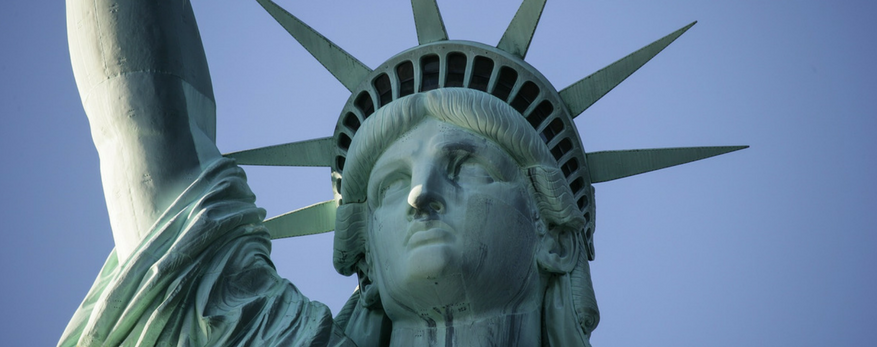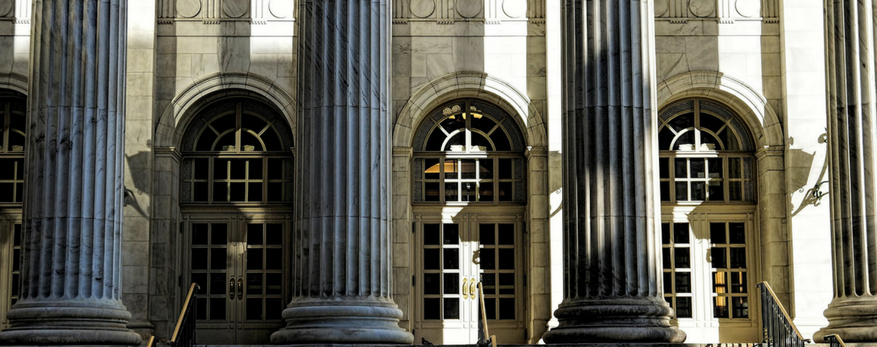The King County Law Library’s 2017 Annual Report is here. Highlights include discussions of our expanded Subscriber Program services, a new lunch-time CLE series and the remodel of our web site.


The King County Law Library’s 2017 Annual Report is here. Highlights include discussions of our expanded Subscriber Program services, a new lunch-time CLE series and the remodel of our web site.

According to the Washington State Bar Association, there is an impostor site masquerading as the official Casemaker site at casemakerpro-dot-com. If you have accidentally provided your logon credentials to this phishing scam, please change your Casemaker password right away through mywsba.org.

The Washington State office of the ACLU has posted helpful “Can I Vote?” flowcharts to help people with criminal convictions figure out if they are eligible to vote. The flowcharts are written in seven languages–English, Chinese, Korean, Oromo, Spanish, Somali and Vietnamese. A person convicted as an adult of a felony in Washington State loses their right to vote and is also ineligible if they are serving a sentence for any felony conviction from another State or federal court. The right to vote is automatically restored once the person is no longer under the supervision of the Washington State Department of Corrections. Read the English language version of the “Can I Vote?” flowchart here.

This past session, the Washington State Legislature passed SHB 2822, Chapter 176 of the Laws of 2018, to address growing problems with people misrepresenting ordinary animals as service animals. In addition to changing the definition of “service animal”, the new law also creates a civil penalty for misrepresentation of a service animal of up to $500. WashingtonLawHelp has published a guide related to this new law here.

K & L Gates has founded a pro bono project to help victims of “revenge porn” or nonconsensual pornography defend their “cyber” civil rights. Assistance is available to victims both within the United States and abroad. To contact the Cyber Civil Rights Project and K & L Gates, use this link. For more information about cyber civil rights, see the Cyber Civil Rights Initiative’s web site.

The disconnect between the perceived value of public libraries–particularly in the eyes of influencial policy-makers–and the vital role they play in supporting the social infrastructure of a civil society is real. And it’s something that anyone concerned about equity, open access, and diversity should be prepared to confront. So says sociologist Eric Klinenberg, in his recent New York Times opinion article, To Restore Civil Society, Start With the Library.
For more information about the recanted Forbes article about the value of public libraries, see this QZ article.

King County Bar Association’s Volunteer Legal Services program has launched a new service for low-income people trying to vacate criminal conviction records. The ultimate goal is to reduce the barriers to employment and housing created by convictions. To be eligible to participate, you must be low-income and your most recent conviction must have been from a court within King County. Download this flyer for more information.

Seattle Municipal Court is sponsoring a warrant outreach program on Thursday, August 9th from 10:00am to 4:00pm at the Lake City Community Center. The Warrant Outreach event is a partnership between the Seattle Municipal Court, King County Department of Public Defense, Seattle City Attorney’s Office, Seattle Police Department, Seattle Parks and Recreation and the Seattle Human Services Department.
Anyone with outstanding warrants is welcome to attend and learn about options for resolving warrants and/or outstanding tickets. Court staff will be on hand to answer questions about court processes and provide additional information. For more information about the event, visit the City of Seattle’s news web site. or contact Gary Ireland, Public Information Officer at gary.ireland@seattle.gov.

The Northwest Consumer Law Center offers programs to provide affordable legal help with foreclosure, bankruptcy, debt collection, credit reporting issues, automobile purchases and student loan issues. To be eligible for this assistance you must be a Washington State resident and your total household income – before taxes, expenses, deductions, etc. – must be at or below a limit based on the current Federal Poverty Guidelines.
For more information and to determine if you qualify, visit the Get Help section of NWCLC’s web site or call their intake telephone line at (888) 978-3386, extension 1722.

During the 2018 Regular Session, the Washington State legislature passed Senate Bill 5598, Chapter 183 of the Laws of 2018, which adds a procedure for grandparents and other relatives to petition the court for visitation rights. The new law amends RCW 26.10.160, repeals 26.09.240 and adds a new chapter to Title 26. For more details about the new law, see the Final Bill Report. Forms for the new procedure can be found on the State Court’s web site under the section titled Visits with Children.